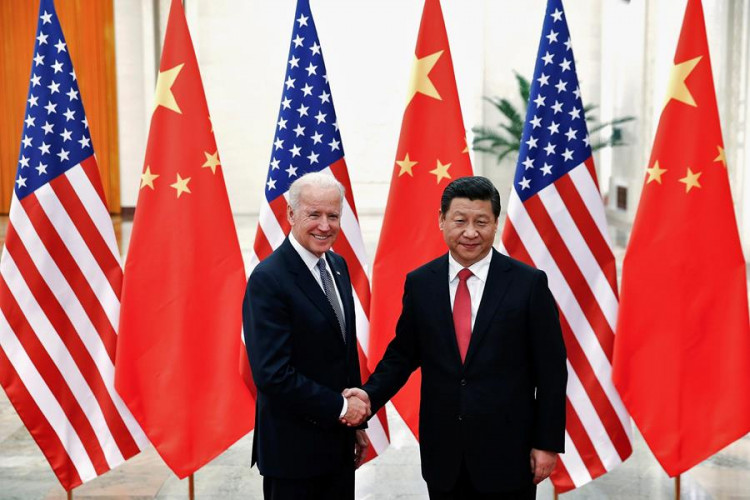In a significant diplomatic move, U.S. National Security Adviser Jake Sullivan and China's Foreign Minister Wang Yi convened in Malta over the weekend. This meeting comes amidst the prevailing geopolitical strains between the two global superpowers.
Both nations released individual statements post the discussions, highlighting the "candid, substantive, and constructive" nature of their dialogue. The White House emphasized the mutual commitment of both governments to pursue "additional high-level engagement and consultations" in pivotal areas in the forthcoming months. China's foreign ministry echoed this sentiment, emphasizing the agreement to sustain high-level communication on various fronts, encompassing foreign policy, maritime affairs, and Asia-Pacific concerns.
Key topics of discussion included the U.S.-China bilateral relationship, global and regional security issues, Russia's ongoing conflict with Ukraine, and cross-Strait matters. This information was confirmed in a statement released by the White House on Sunday.
These high-level talks are precursors to a potential meeting between U.S. President Joe Biden and Chinese Premier Xi Jinping at the Asia-Pacific Economic Cooperation (APEC) summit, slated for November in San Francisco. The last face-to-face interaction between Biden and Xi occurred in November 2022 during the G20 summit in Bali, Indonesia. President Biden recently voiced his disappointment over Xi's absence from the G20 summit in India. "I am disappointed... but I am going to get to see him," he remarked to journalists at the G20 gathering.
The White House underscored that the Sullivan-Wang meeting was part of a continuous effort to ensure open communication channels between the two nations. Notably, while Xi opted out of the G20 summit in India, he was present at the BRICS summit in Johannesburg, South Africa, the previous month. However, he unexpectedly missed a scheduled speech at a business forum during the event.
To bridge the widening gap and resolve their differences, both Washington and Beijing have been actively working to bolster communication. This year alone witnessed visits to China by U.S. Secretary of State Antony Blinken, Commerce Secretary Gina Raimondo, and Treasury Secretary Janet Yellen. Their visits aimed to alleviate the strained ties and guarantee uninterrupted dialogue.
The relationship between the U.S. and China witnessed heightened tensions after the U.S. military downed a Chinese surveillance balloon near South Carolina's coast. Furthermore, last August, a visit to Taiwan by then-House Speaker Nancy Pelosi sparked significant discord between Beijing and Washington. During the recent Malta meeting, the U.S. emphasized the importance of maintaining peace and stability across the Taiwan Strait. In response, Wang conveyed to Sullivan that "the Taiwan issue is the first insurmountable red line in Sino-US relations," as reported by the Chinese Foreign Ministry.
The two nations also deliberated on Russia's ongoing conflict with Ukraine and other regional and global security concerns.





